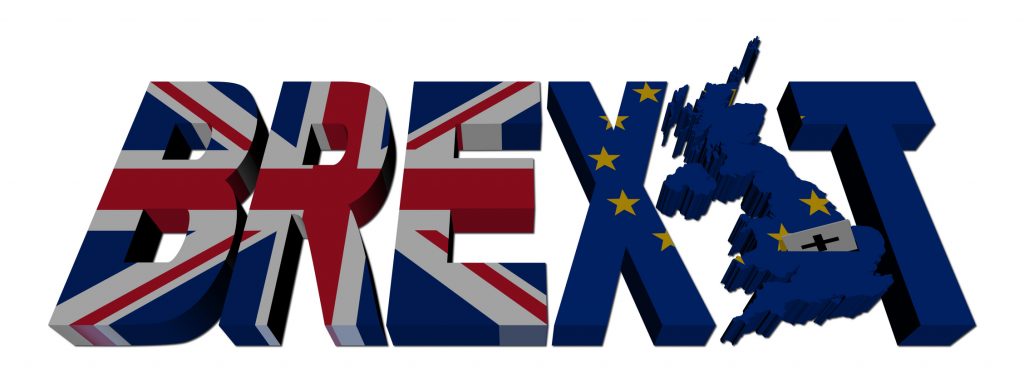Pro-Brexit or against it? Here’s why it doesn’t really matter to the world

The late economist John Kenneth Galbraith was unstuffy enough to have poked fun at his tribe. Economics, he said, is extremely useful as a form of employment for economists. True, but economists do sometimes earn their keep too.
Consider Simon Johnson’s clarity on Brexit.
Mr Johnson is a former chief economist of the IMF, a professor at MIT Sloan, senior fellow at the Peterson Institute for International Economics, and co-founder of a leading economics blog, The Baseline Scenario. He recently wrote a think piece pointing out a reality that most Britons have ignored. “Brexit really does not matter for the world.”
Dispassionately and clearly, Mr Johnson makes his argument. The 19th and early 20th century “were defined in part by a series of consequential British foreign policy and economic decisions”. British alliances and military positioning shaped wars in Europe – 1870, 1914, 1940. A British prime minister’s decisions at the 1938 Munich conference with Adolf Hitler “had a major impact on the timing, nature, and perhaps even the eventual outcome of World War II”. Further back in time (from roughly 1750), British inventions transformed power-generation and metal-working. Even as recently as 2007-2009, British policy affected global outcomes. Deregulation of the City of London helped worsen the effect of the global financial crisis, writes Mr Johnson, but “British leadership at the London G20 summit in April 2009 ultimately proved a stabilizing influence.”
But those days are long gone.
Brexit doesn’t really matter to the wider world, says Mr Johnson. It may affect British growth and British people’s prosperity but will not mean “a significant disruption of regional, let alone global, trade.”
Mr Johnson points to the end of the age of European empires, the rising clout of the American way, and a general waning of global influence on the part of Britain. What this means is Brexit problems for Britain but not for very many other parts of the world.

